Akerman: Voice’s ‘vibe’ of good intentions does not remove potential perils
The ‘road to hell is paved with good intentions’ is borne out among those who view the vibe of the proposed Voice as more important than its prospective impact, writes Piers Akerman.
Opinion
Don't miss out on the headlines from Opinion. Followed categories will be added to My News.
The saying “the road to hell is paved with good intentions” is as true today as it has been over the millennia, and nowhere is it borne out more plainly than among those who view the vibe of the proposed Voice as more important than its prospective impact.
In recent days, a handful of Liberal MPs have expressed their personal views on Prime Minister Anthony Albanese’s constantly changing referendum question to be put to voters toward the end of the year.
Former Indigenous affairs minister Ken Wyatt went the full dummy-spit and quit the party.
Julian Leeser, who announced his doubts about the shapeshifting Albanese model even though he was on the panel which devised it, resigned his shadow attorney-general and Indigenous affairs portfolios.
Senator Simon Birmingham has taken his usual position – that of absolute ambiguity.
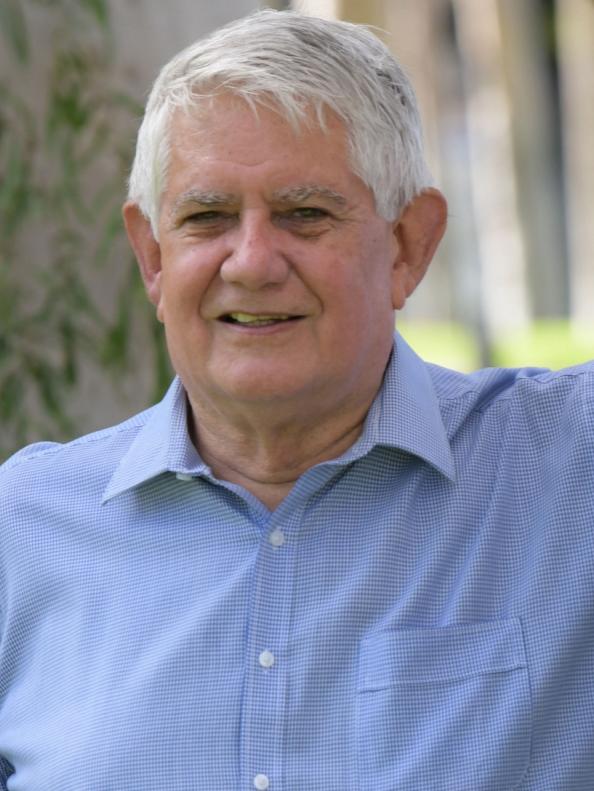
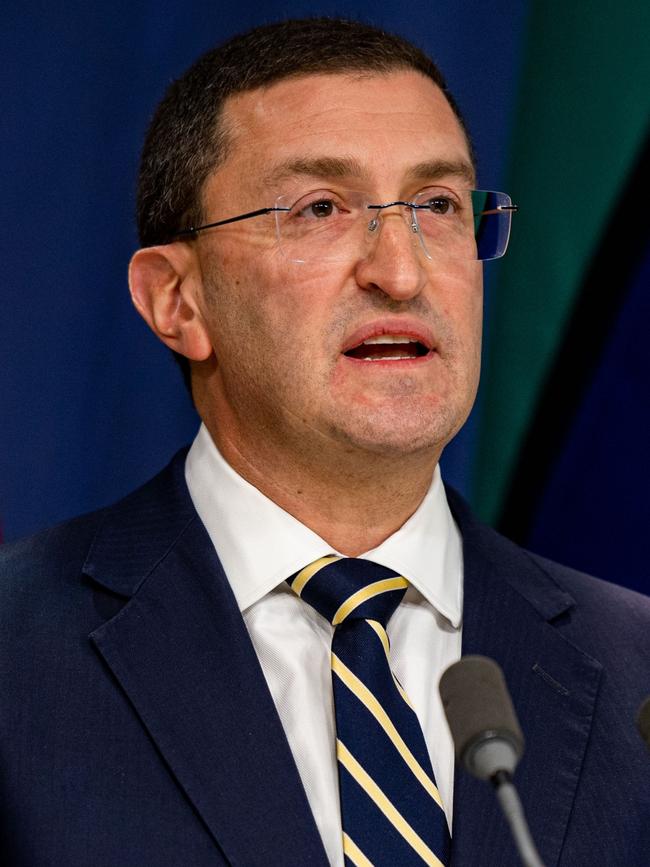
Leeser’s stance is in line with the confusion that infuses the whole question. On the one hand, the claim is for a radical new clause in the Constitution, while Leeser is equally of the view that most of the laws and programs for Indigenous folks are run at the state and territory level, and most of the challenges are at the local level.
Referenda should require simple Yes or No responses but, on the question of the Voice, it is not that simple despite the claims of Tom Calma, one of the co-authors of the Uluru Statement with Marcia Langton.
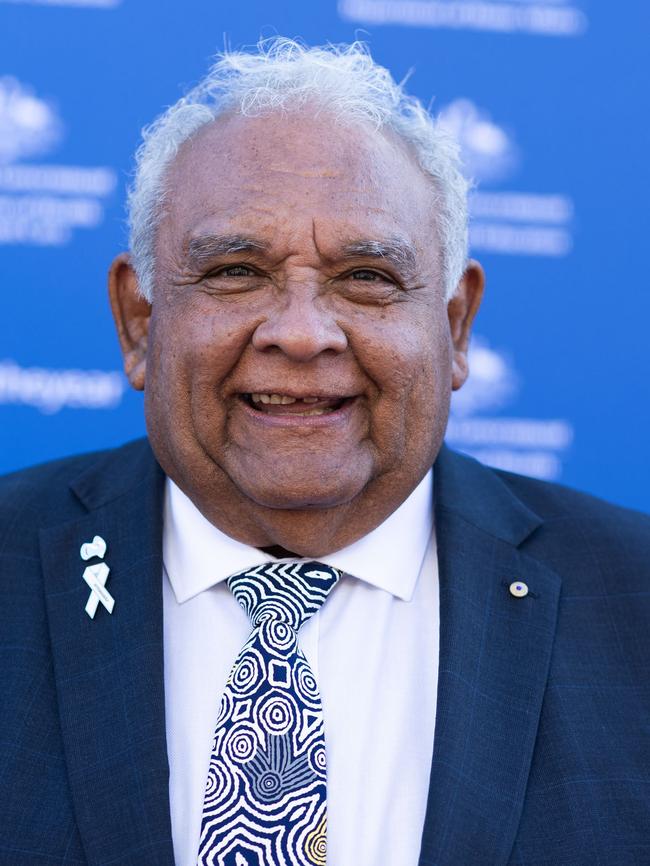
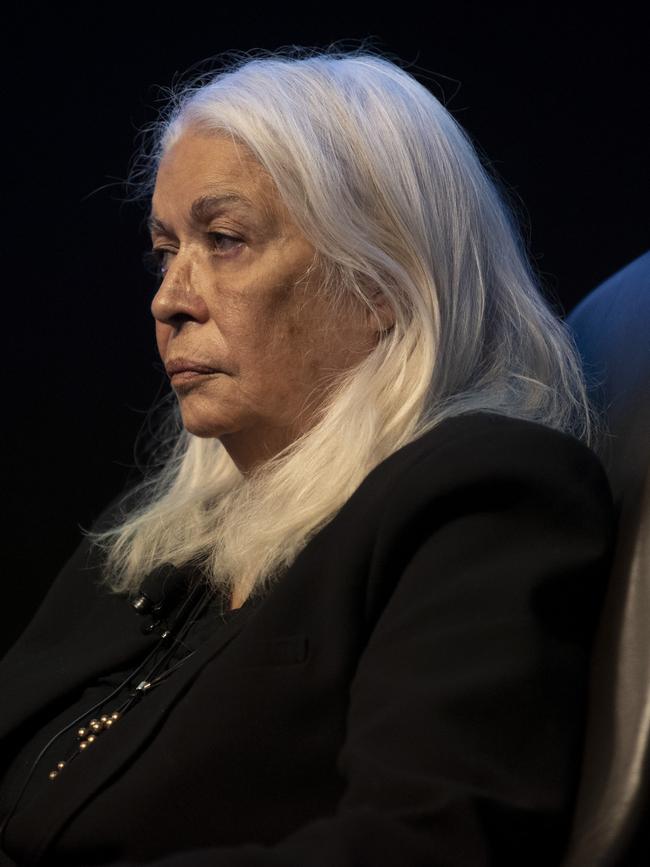
Most Australians, I suspect, would like to vote Yes to recognise the uncontroversial fact that there were Aboriginals living on this continent when European settlers first arrived.
However, when informed that a Yes vote would change the country, those who have taken a few minutes to actually learn what the ramifications of their vote would mean would rush to tick the No box.
As the nation’s most senior political analyst, The Australian’s Paul Kelly succinctly wrote recently: “Inserted into the Constitution, the Voice will be a group rights political body pursuing political outcomes with a constitutional mandate that is virtually open-ended in terms of the representations to parliament and the executive government – cabinet, ministers, department heads, public servants and statutory authorities – on matters concerning Indigenous people or on general matters that include Indigenous people.
“Albanese had previously said only a ‘brave’ government would overlook advice from the voice.”
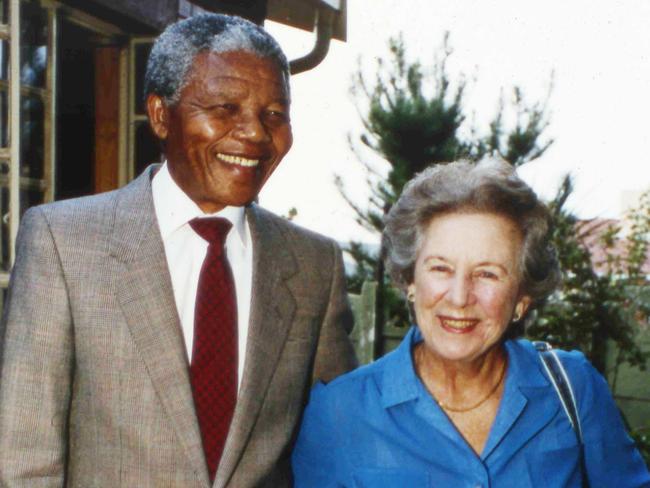
Good intentions have a track record of boomeranging disastrously.
The late South African Liberal MP Helen Suzman comes to mind as one who campaigned relentlessly against apartheid only to later see her dream shattered when the ruthless African National Congress, the party of her beloved Nelson Mandela, took power and dragged South Africa backward into a corrupt morass of tribal politics.
Present with Mandela when he signed South Africa’s new constitution in 1996, an 86-year-old Suzman confessed in 2004 that she was disappointed by the ANC.
“I had hoped for something much better … the poor in this country have not benefited at all from the ANC. This government spends ‘like a drunken sailor’. Instead of investing in projects to give people jobs, they spend millions buying weapons and private jets, and sending gifts to Haiti,” she said.
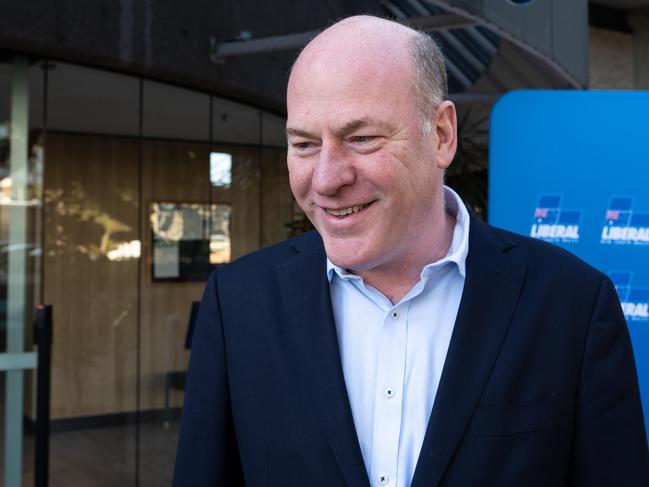
With all the goodwill in the world, the hopey-wishey kumbaya crowd contemplating a Yes vote need to take off their rose-coloured spectacles, look beyond the vibe and shrug off the cloak of guilt and shame that some Indigenous representatives insist is their transgenerational inheritance.
The Yes lobbyists ululated with delight when the renegade Liberals announced their defection from the considered party position in favour of an amorphous proposition with never-ending repercussions.
The ABC, Labor’s broadcast arm, even interviewed former Liberal MP Trent Zimmerman, who said he couldn’t understand how his party could permit a “subset” of MPs to vote their consciences while others were bound by frontbench solidarity.
He is, however, more than happy to support a subset of Australians, selected by racial identification, to be given separate and privileged access to governments at every level and the bureaucracy, with recourse to the High Court if their demands aren’t met.
The Yes proposition has more “buts” hanging from it than an unshorn wether sheep has rattling dags. Australia is in serious economic and cultural decline, it doesn’t need ill-informed but well-intentioned idiots hastening its demise.





